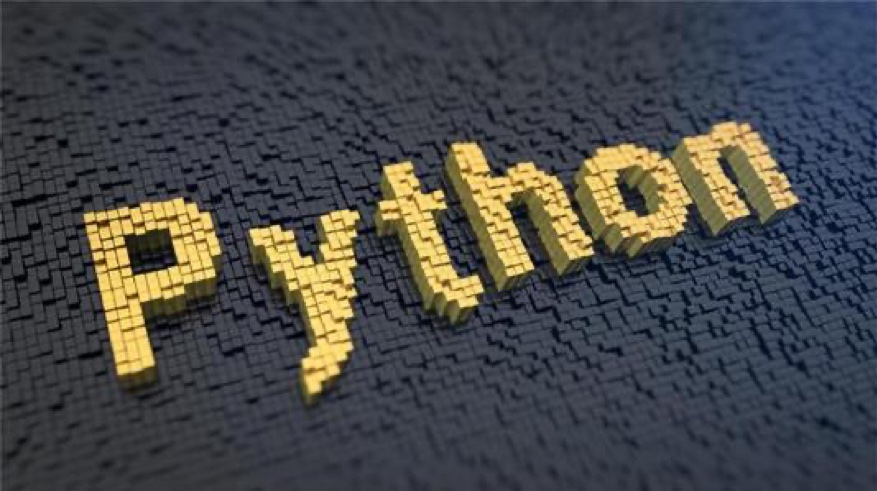With the rise of big data and artificial intelligence industry, people's pace of life is faster. Everyone has become a member of the big data network virtually. The emergence and popularization of big data has accelerated the pace of development of the whole society. But it has also inevitably increased the social competition among people. In the big data environment, user requirements become clear. And service standards are also being improved. In this context, Python emerged as a computer programming language that could help the public gain close access to large databases. From time to time, we can see recommendations and sales of Python courses on various websites and public accounts. But is Python, as a computer programming language, really that easy to learn? Do you really need to know about databases in your life? Today, we're going to talk about ordinary people learning Python.

Pan Shiyi, president of a famous enterprise, has publicly expressed his attitude and views on Python learning. He believes that Python's development approach is in line with the future structure of society. There are good reasons to expect that the society of the future will be open. Openness means sharing, inclusiveness and cooperation. The main advantage of Python skills is the ability to access third-party databases. You may have spent a lot of time and energy putting together complex data collections in a database. People with Python skills can retrieve accurate data in a very short time. On the face of it, mastering Python skills is a huge productivity booster. But there is another question to consider. How much is the relationship between ordinary people and big data search?

For programmers, the basic programming language of Python is simple. But for most ordinary people. Especially those with no programming language foundation at all. Learning Python takes a lot of effort. If you're a busy office worker who has to cram Python into a fragmented day. You'll be slower to learn, so be prepared. If you have enough free time and are able to do a thorough study of the course. You are more assured of learning the Python language. At the same time, be aware of whether your goal in Learning Python is simply to expand your skills. Or to achieve a promotion or raise in your productivity. If you're the former, anyone interested in Python can actively learn, because more skills are more important. But if it's the latter, do you really need a database for your job? There are many people around me who blindly learn Python in order to increase their skills. But in the actual work, there is no need to extract big data. It may result in spending time studying and not achieving the desired results.
In fact, skill learning is never a bad thing. Just how useful this skill can be in practice is a question worth thinking about for every learner. At present, most of the Python course promotion is selling anxiety.It seems unlikely that this skill will be ruthlessly phased out by society. So stay calm when you see this kind of content. Learning with a clear purpose often works better.
